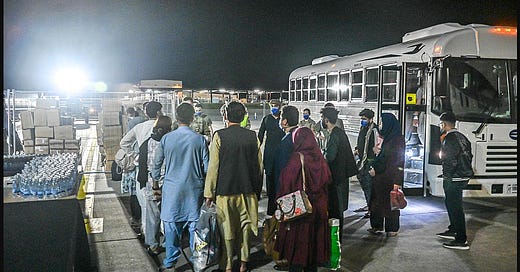(GCV Note: It’s my honor to introduce you to my friend Andrew Walker, who has done so much for our Afghan brothers and sisters)
Keep reading with a 7-day free trial
Subscribe to Grumpy Combat Veteran to keep reading this post and get 7 days of free access to the full post archives.




